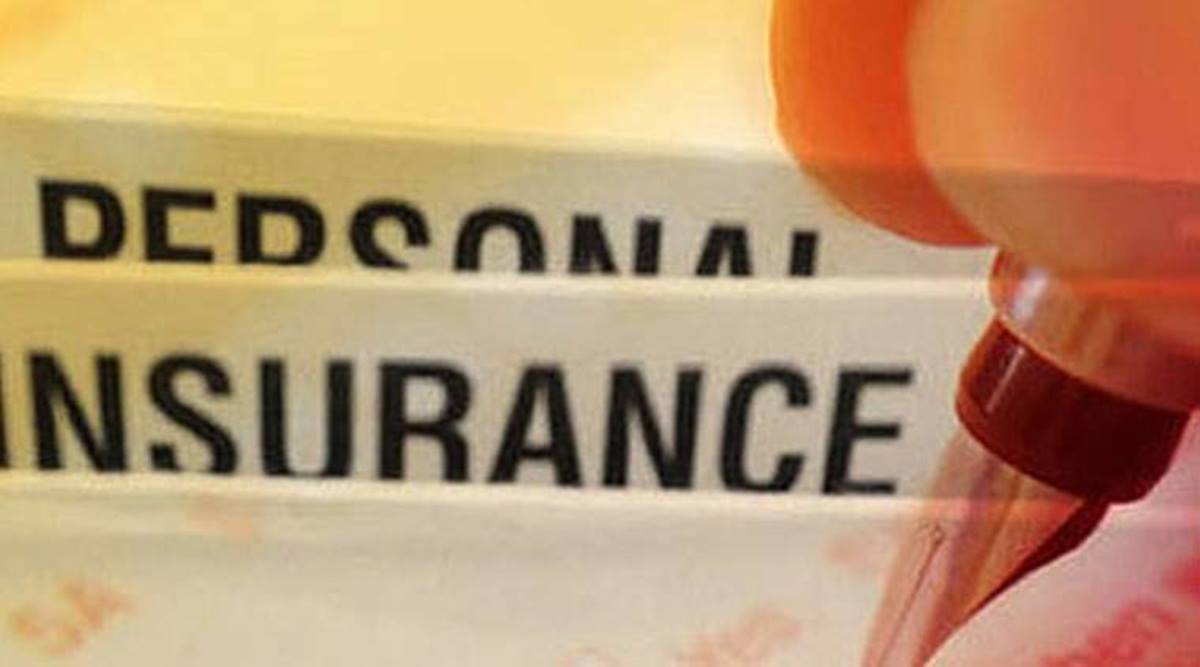“Indian reinsurer, GIC Re, who has experience of managing the Indian Terrorism Pool and Indian Nuclear pool in India, should be an apt administrator for the proposed pandemic pool,” the panel, headed by IRDAI Executive Director, Suresh Mathur, said.
Amit the Covid outbreak, the Insurance Regulatory and Development Authority of India (IRDAI) is considering a recommendation by its working committee to set up a pandemic risk pool to address losses and displacement caused to the informal and low-income sectors in case of another similar crisis in the future.
According to a report by the committee, the pool would cater to around 4 crore MSME workers and lead to a capacity of Rs 75,000 crore initially, including the provision of a government backstop. This could peak to Rs 1.23 lakh crore later, with the backstop being triggered only in the event of a pandemic and if the payouts exceed capacity.
Extra cover needed
Two similar pools, to cover terrorism and nuclear risks, are already in place. For the pandemic pool, though, the Rs 2,000 crore that insurance firms would be able to chip in may not be enough as a significant chunk of the 4 crore MSME employees would need this cover.
While around Rs 2,000 crore could be expected from insurers and reinsurers, a substantial part of the pool should come from the government in the form of the backstop, the report said.
Under such pools, insurance firms — with or without support from governments — come together to provide protection for payouts to people and companies in the wake of catastrophic events, such as floods, earthquakes or a pandemic.
“Indian reinsurer, GIC Re, who has experience of managing the Indian Terrorism Pool and Indian Nuclear pool in India, should be an apt administrator for the proposed pandemic pool,” the panel, headed by IRDAI Executive Director, Suresh Mathur, said.
“There are apprehensions about Covid. It’s truly a global pandemic,” said IRDAI chairman Subhash Khuntia.
According to the panel, the first phase would cover income losses due to non-damage business interruption caused by a future pandemic and subsequent lockdown for up to 10 employees per enterprise — with maximum reimbursement of Rs 6,500 per employee per month for three months or easing of a lockdown, whichever is earlier.
As pandemic losses are currently covered under health insurance products, a future outbreak may be covered under the pool in the second phase. In later phases, the coverage may be expanded to the life insurance segment. “The pool premium collection is proposed to be invested in government securities or specifically designed bonds by the government,” the panel said.
The committee estimated that the total payout will be Rs 78,000 crore, if it’s assumed that 4 crore employees and workers get benefits and the payout is limited to a maximum of three months.
Similar pandemic pool proposals across the world, including in the US, France and Germany, are in various stages of approval and hinge heavily on governmental support in the form of a backstop.
The IRDAI committee has stressed that the backstop triggers only in the event of a pandemic and the total loss payouts are higher than the capacity garnered by local insurance and reinsurance, and international markets. In such a scenario, the government technically does not need to make any allocation in advance to form the pool.
Based on various scenarios, the panel estimated that the government backstop could be in the starting range of Rs 75,000 crore (Year 1), peaking at Rs 1,23,000 crore and then dipping to Rs 80,000 crore (Year 10). “Approximately 20 to 25 years will be required to grow the pool size to make it self-sufficient,” the committee said.
According to the panel, there are estimates that current business interruption premiums in some markets would need to be collected for over 100 years to cover two months of Covid-related costs. The lockdown measures have augmented the risk of business interruption, it said.
“Covid-19 is affecting business indiscriminately and sparing none. Subsequently, lockdown has created the need for a cover against an epidemic or pandemic cover for non-property business interruption losses,” the panel said.
? The Indian Express is now on Telegram. Click here to join our channel (@indianexpress) and stay updated with the latest headlines
For all the latest Business News, download Indian Express App.
Source: Read Full Article


